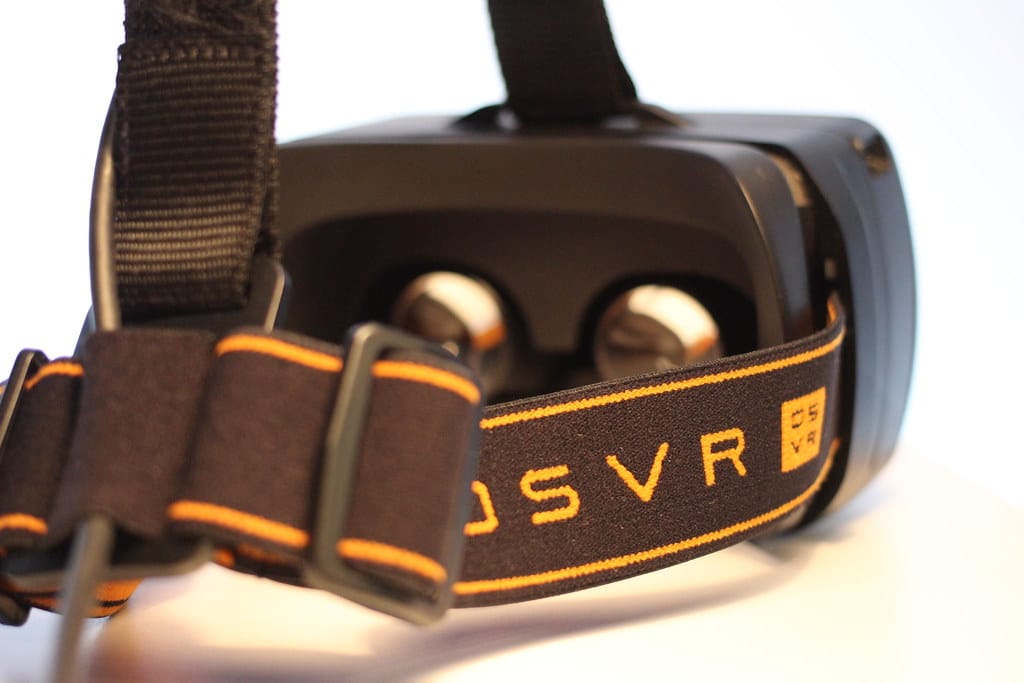Blender Studio Drops Free Game 'Dogwalk' as Open Source Gaming Gets a Major Boost
The open source creative community received an unexpected gift this week when Blender Studio released 'Dogwalk,' a charming new game built entirely using the open source Godot game engine. The release marks a significant milestone for open source gaming, demonstrating that professional-quality games can be created without proprietary engines or expensive licensing fees.
A Strategic Move into Gaming
Blender Studio, the creative arm of the Blender Foundation known for producing stunning animated shorts like "Big Buck Bunny" and "Sintel," has ventured into interactive entertainment with this latest project. 'Dogwalk' serves as both an entertaining game and a powerful showcase for what's possible when two major open source projects—Blender and Godot—work in harmony.
The game follows a simple yet engaging premise: players guide a dog through various environments on its daily walk, encountering obstacles, collecting items, and interacting with other characters. While the gameplay mechanics are intentionally accessible, the technical execution demonstrates sophisticated use of Godot's 2D and 3D capabilities, including advanced lighting, particle systems, and smooth animation workflows.
Technical Showcase Meets Creative Expression
What makes 'Dogwalk' particularly noteworthy is its dual purpose as entertainment and education. The game's assets were created using Blender's full suite of tools, from modeling and texturing to animation and rendering. This workflow demonstrates the seamless integration between Blender's content creation pipeline and Godot's game development environment.
"We wanted to show that open source tools aren't just alternatives to commercial software—they're often superior choices for creative projects," explained a Blender Studio representative. The game's development process has been documented extensively, with tutorials and behind-the-scenes content planned for release alongside the game.
The Growing Godot Ecosystem
The choice of Godot as the game engine is particularly significant given the engine's recent surge in popularity. Following Unity's controversial licensing changes in 2023, thousands of developers migrated to Godot, causing the engine's user base to grow exponentially. Major studios have begun taking notice, with some announcing plans to evaluate Godot for future projects.
Godot's appeal lies in its completely free and open source nature, combined with a user-friendly interface and powerful feature set. The engine supports both 2D and 3D development, includes a built-in scripting language (GDScript) alongside C# and C++ support, and maintains a responsive development community.
Impact on the Open Source Gaming Movement
'Dogwalk' arrives at a crucial moment for open source gaming. While open source software has dominated web development and system administration for decades, gaming has remained largely dependent on proprietary engines like Unity and Unreal Engine. High-profile projects like 'Dogwalk' help legitimize open source game development in the eyes of both developers and publishers.
The game's release strategy also breaks new ground. Rather than seeking commercial distribution, Blender Studio has made 'Dogwalk' available for free download, with full source code accessible through their official repository. This approach allows other developers to study the implementation, contribute improvements, and adapt elements for their own projects.
Educational Value and Community Building
Beyond its entertainment value, 'Dogwalk' serves as an extensive learning resource. The complete project files, including Blender scenes, Godot project files, and documentation, provide an unprecedented look into professional open source game development workflows. Educational institutions and individual learners now have access to a complete, professionally-developed game project they can dissect and learn from.
The release includes comprehensive documentation covering everything from initial concept development through final optimization. This educational component aligns with Blender Studio's mission of advancing open source creative tools through practical demonstration and community education.
Looking Forward
The success of 'Dogwalk' could signal a broader shift in how games are developed and distributed. As open source tools continue to mature and gain professional adoption, we may see more studios exploring similar approaches. The combination of zero licensing costs, complete creative control, and community-driven development offers compelling advantages over traditional proprietary alternatives.
For the open source community, 'Dogwalk' represents more than just a free game—it's proof that open source tools can compete with and sometimes exceed the capabilities of expensive commercial alternatives. As both Blender and Godot continue to evolve, collaborations like this one pave the way for a more accessible, creative, and community-driven future in game development.
The game is available now for free download from the Blender Studio website, with full source code accessible through their official repository.
